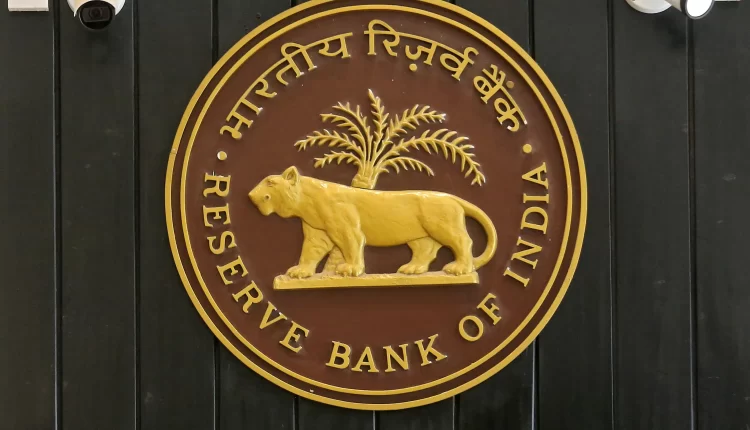Mumbai: Have you ever wondered what happens to a crumpled, torn 10 note that slips from your wallet? The Reserve Bank of India (RBI) is set to rewrite its fate, transforming over 15,000 tonnes of soiled and damaged currency annually into eco-friendly furniture. In a savvy move blending sustainability with cost savings, the central bank is ditching old disposal methods for a resourceful “jugaad” that could line its coffers too.
Gone are the days of burning or landfilling these notes — practices that not only drained resources but also spewed pollution into the air and soil. The RBI’s new initiative, which was inspired by a study conducted by the Ministry of Environment’s Wood Science and Technology Institute, involves shredding the defunct currency into fine particles. These will feed into particle board production, providing affordable raw material for manufacturers crafting durable chairs, tables, and cabinets.
Particle boards, essentially engineered wood glued to sawdust and fibres, now get a currency-infused upgrade. Sources assert that there is a mutual benefit: companies reduce input costs, the RBI reduces disposal costs, and the environment benefits. The bank even eyes revenue from selling these shreds, turning trash into treasure.
This revelation might surprise many — after all, half of India assumes notes meet a fiery end or vanish into recycling loops. But as RBI rolls out the plan, your next coffee table could harbour whispers of forgotten rupees, proving that in India’s economy, nothing truly goes to waste.



Comments are closed.